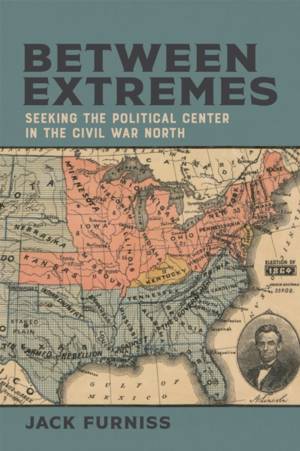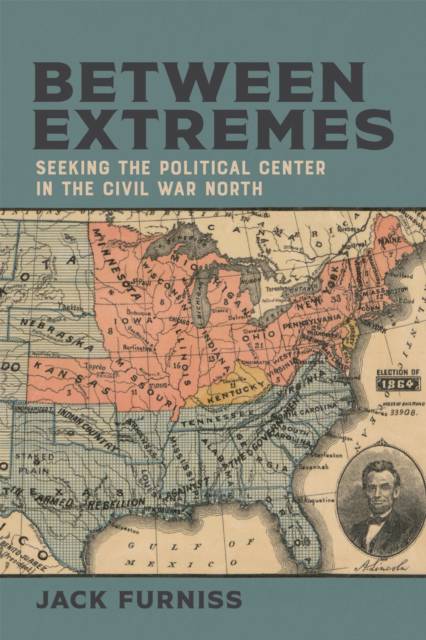
Bedankt voor het vertrouwen het afgelopen jaar! Om jou te bedanken bieden we GRATIS verzending (in België) aan op alles gedurende de hele maand januari.
- Afhalen na 1 uur in een winkel met voorraad
- In januari gratis thuislevering in België
- Ruim aanbod met 7 miljoen producten
Bedankt voor het vertrouwen het afgelopen jaar! Om jou te bedanken bieden we GRATIS verzending (in België) aan op alles gedurende de hele maand januari.
- Afhalen na 1 uur in een winkel met voorraad
- In januari gratis thuislevering in België
- Ruim aanbod met 7 miljoen producten
Zoeken
€ 76,45
+ 152 punten
Omschrijving
Between 1861 and 1865, northern voters fortified Abraham Lincoln's administration as it oversaw the end of the institution of slavery and an unprecedented expansion in the size and scope of the federal government. Since the United States never considered suspending the democratic process during the Civil War, these revolutionary developments--indeed the entire war effort--depended on ballots as much as bullets. Why did civilians who, at the start of the conflict, had not anticipated or desired these transformations to their society nonetheless vote to uphold them? Jack Furniss's Between Extremes proposes an answer to this question by revealing a potent strand of centrist politics that took hold across the Union and provided the conservative rationales that allowed most northerners to accept the war's radical outcomes.
Specificaties
Betrokkenen
- Auteur(s):
- Uitgeverij:
Inhoud
- Aantal bladzijden:
- 340
- Taal:
- Engels
- Reeks:
Eigenschappen
- Productcode (EAN):
- 9780807182185
- Verschijningsdatum:
- 6/11/2024
- Uitvoering:
- Hardcover
- Formaat:
- Genaaid
- Afmetingen:
- 152 mm x 229 mm
- Gewicht:
- 666 g

Alleen bij Standaard Boekhandel
+ 152 punten op je klantenkaart van Standaard Boekhandel
Beoordelingen
We publiceren alleen reviews die voldoen aan de voorwaarden voor reviews. Bekijk onze voorwaarden voor reviews.









